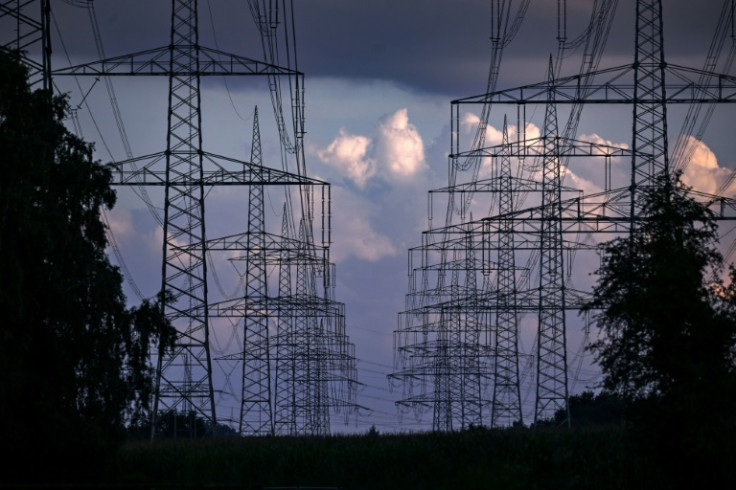Germany Unveils Huge Electricity Price Relief For Industry

Germany announced on Thursday a huge relief package including tax cuts on electricity for the manufacturing sector, in a bid to shore up an economy that many fear could end the year in recession.
"Alone in the coming year, the relief will reach up to 12 billion euros ($12.8 billion)," said Chancellor Olaf Scholz in a statement.
In 2024 and 2025, electricity tax will be slashed from the current 1.537 cents per kilowatt to the European Union minimum of 0.05 cents per kilowatt for the manufacturing sector.
The lowered tax could be extended for a further three years, said the government in a statement.
The most energy-intensive companies most vulnerable to international competition will also have costs related to their emissions trading reimbursed under the package.
The agreement on the help package for manufacturers came after weeks of hefty discussions between the industry and the German government.
German companies, especially in sectors such as chemical and metal manufacturing, have struggled with a surge in power prices triggered by Russian energy supply cuts in the wake of Moscow's war in Ukraine.
The higher electricity costs have undercut German exporters' price competitiveness on the global stage.
For months, the economy ministry has been pushing for a cap for industrial power prices -- essentially a subsidy on electricity.
But the finance ministry had baulked at the huge costs and warned against market distortion.
Peter Adrian, the head of Germany's association of chambers of industry and commerce, called the package "overdue" but said it was "doubtful if the package will be enough to ensure competitive electricity prices for the entire industry".
"Companies in services and trade too are dependent on affordable electricity prices," he noted, saying that there is a "tinge of bitterness that the electricity tax hasn't been lowered in general to the minimum level" to benefit all businesses.
The German economy shrank slightly in the third quarter, while a string of recent weak economic data has added to fears of a prolonged downturn.
The International Monetary Fund has predicted that Germany will be the only major advanced economy to shrink this year.
© Copyright AFP 2024. All rights reserved.











